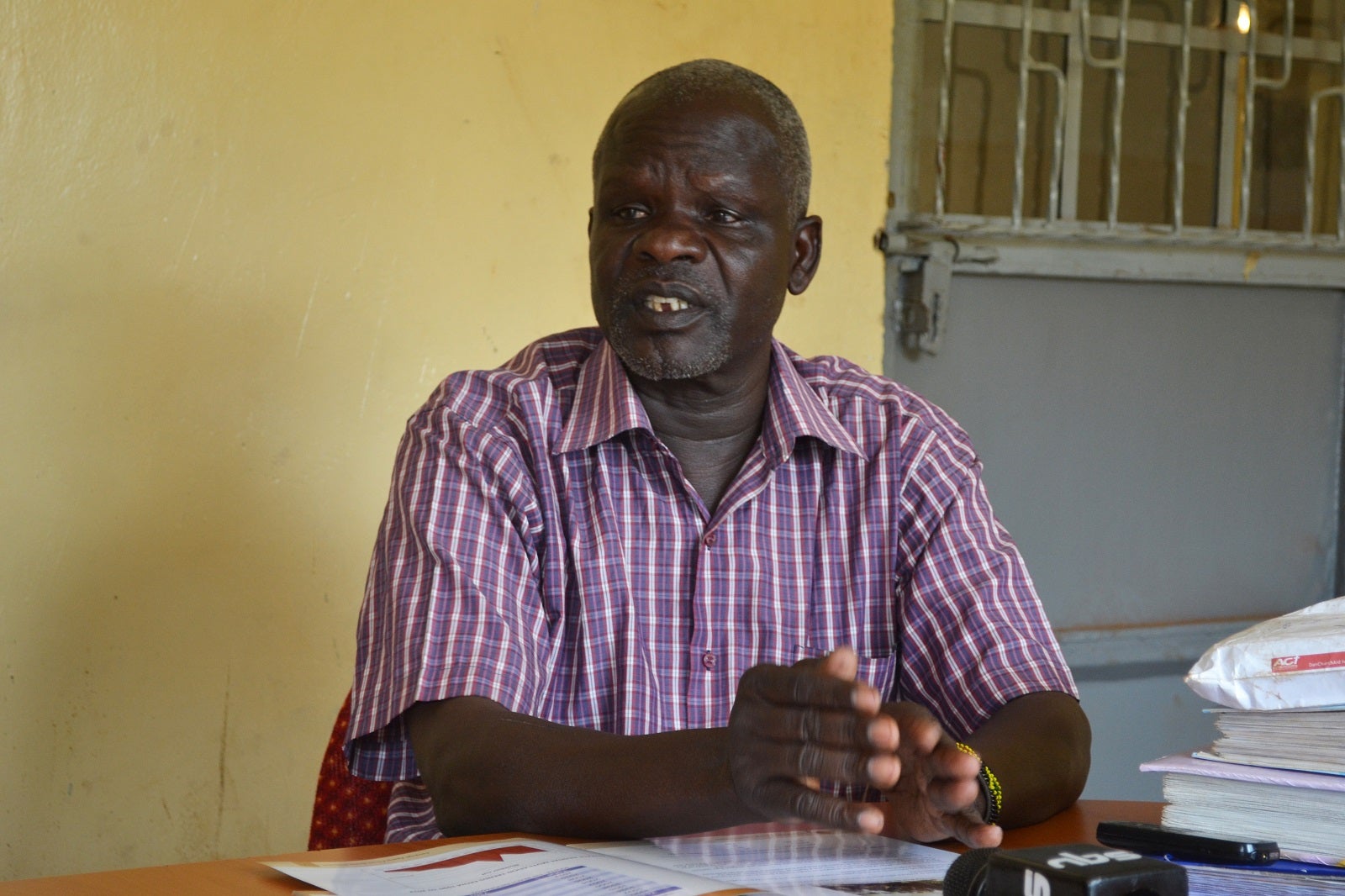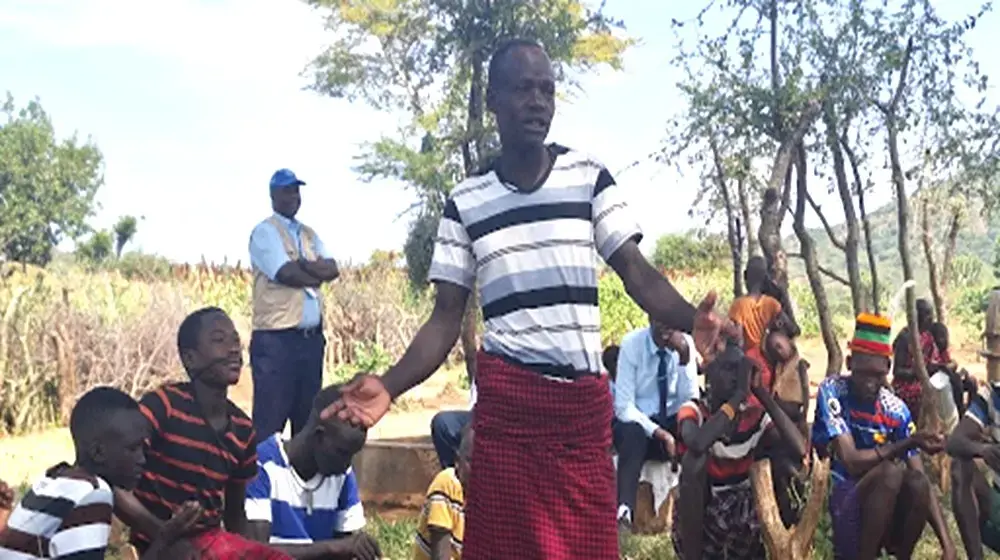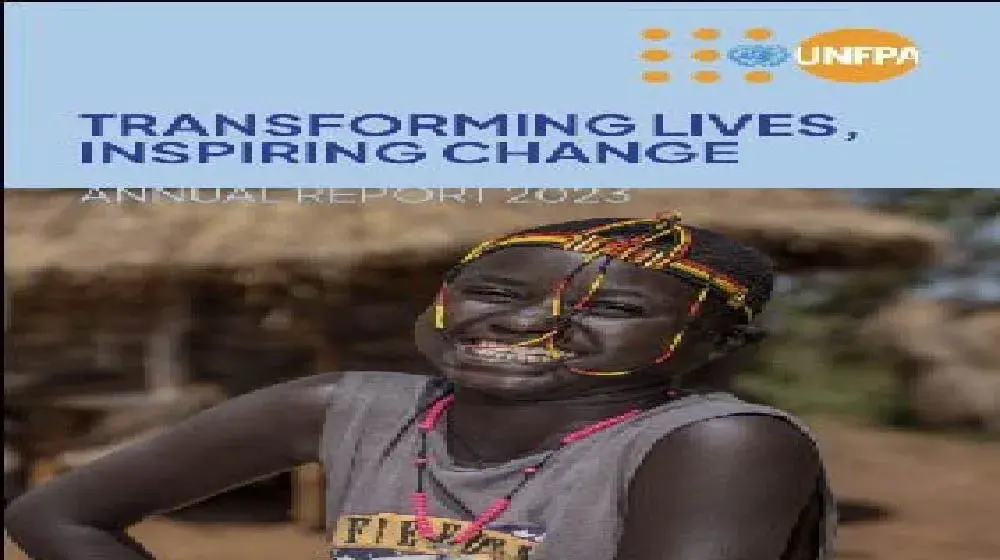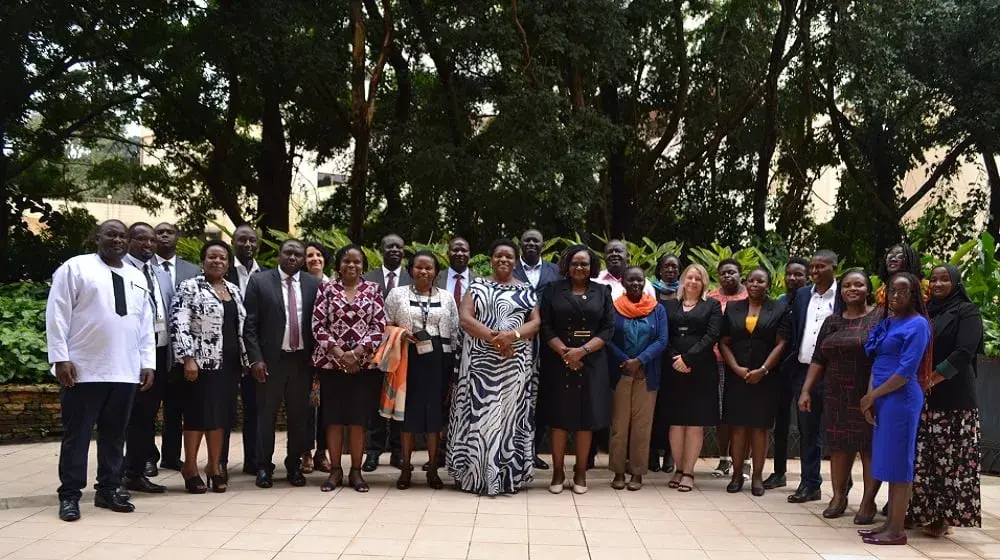BUKWO: It all started in 1988, when the chairman of the district council in Kapchorwa, Mzee Peter Kameron, used his position to pass a resolution making Female Genital Mutilation/ Cutting (FGM/C) among the Sebei a mandatory cultural practice.

80 % of the elders voted likewise because to them, it was one way of preserving a cultural practice that had been done for decades.
"At that time there was concern among the communities that there was serious external influence on our culture. As leaders we had to do something about it to protect the interests of our people," Kameron says.
From that date, this community ordinance sealed the fate of women and girls as young as eight years. They still face the knife as a rite of passage to womanhood. Kameron says it was myths that influenced him to believe that FGM/C was a necessary part of this rite of passage. "I believed that FGM/C is more hygienic or it makes a woman more faithful to her husband".
It was only when Kameron got to hear about the activities of Reproductive, Educative and Community Health Project (REACH), a UNFPA-supported project focusing on celebrating positive cultural values that he began to realize the dangers of the practice.
Today, Kameron is a reformed man. He is now one of the elders championing the cause for the abandonment of elimination of FGM/C in Sebei.
The vision of REACH was to create a society free of harmful traditional practices and restore the dignity of the girl child. At the launch of the project in 1986, Kameron paraded two of his daughters and vowed that he would never allow them to go through FGM/C.
Historically, Sabiny chiefs were staunch defenders of FGM/C. But in the early 1990s, Kameron and other elders formed the Sabiny Elders Association (SEA) and decided to review their traditional practices.
The elders concluded that FGM was a destructive tradition. They began a determined effort to support its abandonment, but that did not necessarily mean they wanted to eliminate all aspects of the FGM/C ceremony. They maintained positive cultural values like singing, dancing and feasting by organizing Sabiny Cultural Days instituted to promote healthy traditions and to dispel myths about these harmful practices.
Today, the elders believe it is education, not genital cutting that should be the new alternative for measuring the value of girls and women in their community.
"The education approach is actually one way we can end FGM/C. We (as SEA) have been trying to discuss with the education department to see how we can help ourselves to ensure that once the girls enroll, they are retained in school to complete their education.
"There is evidence that girls who have gone beyond senior four will not accept FGM," Kameron says.
Indeed, the key influence of community elders is playing a significant role in the abandonment of FGM in Uganda. During the 2nd Zero Tolerance to FGM Day on January 17th this year, a group of over 50 elders in Bukwo made public declarations to abandon FGM/C.
Again, in Sebei, a group of over 70 elders and leaders made public declarations, not only to abandon FGM/C but also support FGM abandonment activities during the Sabiny Cultural day last December.

Girls of Kortek Girls School and FGM/C Rescue Centre showing anti-FGM/C messages during the 2nd Zero Tolerance to FGM/C Day in Bukwo.




